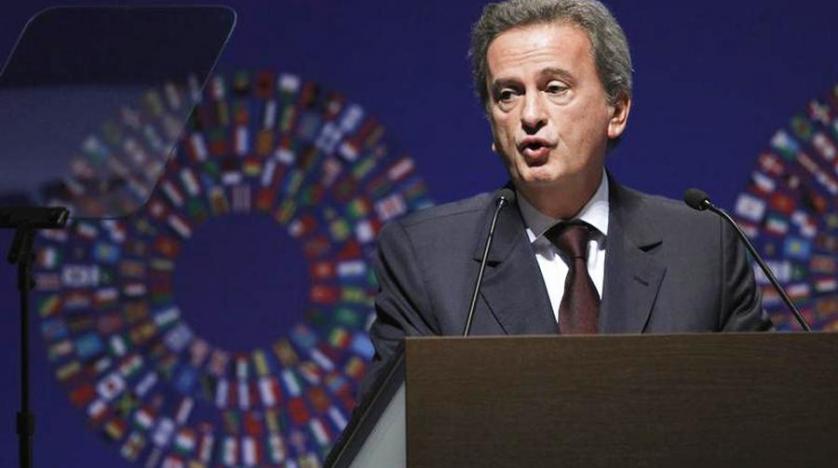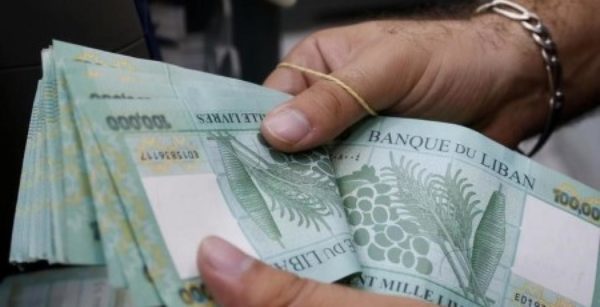By Dr Ghassan Karam

Maynard Keynes, possibly the greatest economist of the last 100 years or so, had the wonderful ability to spin a phrase besides his great ability to have invented Macroeconomics as we know it. One of his better known statements that is as applicable today as it was 70 years ago is the following:
“Practical men who believe themselves to be quite exempt from any intellectual influence, are usually the slaves of some defunct economist. Madmen in authority, who hear voices in the air, are distilling their frenzy from some academic scribbler of a few years back”
The whole world has been governed by the ideas and principles enunciated by Keynes in his magisterial General Theory. It is not our intension to deal with the specifics of Keynesian economics but merely to suggest that it has become accepted that a major role for government is to enact economic policies designed to enhance economic welfare of the nation. This constituted a radical departure from the belief prior to Keynes that there is no need for government intervention since the market forces will always lead to full employment, an idea that presumes a fictitious economic structure. Practically any country, all over the globe, has a government that attempts to influence and guide the economic performance through only two sets of general policies: Fiscal and Monetary.
Unfortunately, many economies have acquired over the years a burdensome level of debt and have adopted large and consistent deficits. What such governments, like that of Lebanon, have in effect done was to make the fiscal option inoperable. (Fiscal policy is summed up as the level of expenditures/revenues by government). The large debt burden makes it exceedingly difficult for such governments to spend on needed infrastructure projects to create jobs and encourage economic growth. The result of this neutralization of the fiscal option left these states with only the monetary policy as the only tool to help guide the economy. As many know, monetary policy is set and executed by the central bank most of which are built on the idea that they are independent or quasi-public enterprises.

As the above makes it abundantly clear, the single most important institution that does exercise direct and effective control over the Lebanese economic performance is not the cabinet but the central bank, BDL.
BDL, just like any major institution is managed and guided by the vision of the person in charge, the top of the pyramid. Such a person does not have the luxury of claiming credit when things go well and blaming others when things do not. It is also important to note that BDL is independent and does not report to any cabinet minister. BDL, is expected to work for the public good, to coordinate with the cabinet when it deems the cabinet policy to be beneficial to the country at large but to voice its concerns when such policies might backfire on the economy that they were designed to aid. The ultimate role of controlling money supply, influencing interest rates, and foreign exchange rates is that of BDL and its management i.e. the head of the pyramid, Riad Salameh.
We have, among many others, over the past years expressed serious concerns about the misguided policies used by BDL. To reiterate the single most important error was the adoption of a fixed dollar peg and the inability to change that over 27 years. This was the idea that has led to the sky high interest rates and all the other financial policies whose only aim was to attract dollar inflows at any cost, even a Ponzi scheme.
Unfortunately the policies followed by BDL continue to be questionable. To be perfectly frank, one wonders whether Riad Salameh’s economic paradigm is in harmony with the major ideas in the field. Reflections on two ideas, the law of one price and the Quantity Theory of Money suggest to me that BDL’s policy of increasing the stock of M1 will have nothing but an inflationary effect on the general price level by devaluing the LL compared to foreign currencies.

The following is my back of the envelope calculations to “predict”, as much as I hate to do so, a stable exchange rate for the dollar in Lebanon.
I am assuming that M1 will continue to increase to become about 25000 Billion LLs and I will further assume that the GDP will decrease to about $40 billion. A rather simple application of the above two mentioned theories plus an assumption that M1 will have a velocity of about 10 will yield an exchange rate of about 6200LL per USD. (+ or – 10%) Obviously the above is no more than a rough personal estimate but it shows, if you will that increasing M1 will only aggravate the impoverishment of the Lebanese public and will weaken even more the foreign exchange rate. It is time for new blood, new ideas and new policies at BDL. The present team has had its chance but the results have been catastrophic for the country, its businesses and its citizens.
The views and opinions expressed in this article are those of the author and do not necessarily reflect the views, thoughts, and opinions of Ya Libnan


Leave a Reply
You must be logged in to post a comment.